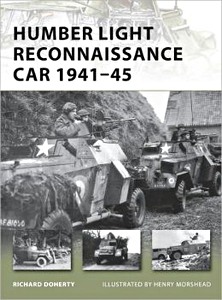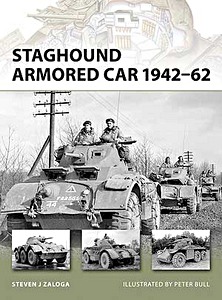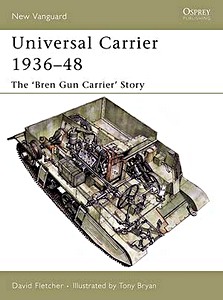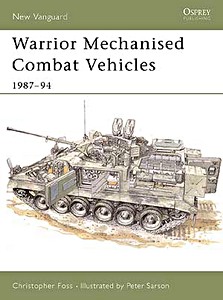The Rolls-Royce Armoured Car (Osprey)
Le premier véhicule blindé Rolls-Royce était une voiture privée modifiée avec une mitrailleuse et un blindage limité, utilisée par le Royal Naval Air Service en Flandre en 1914. En 1915, près de 100 exemplaires avaient été construits et remis à l'armée.
Ils furent déployés dans le monde entier, notamment en Inde, au Moyen-Orient et en Afrique australe. Rapides, silencieux et fiables, ils étaient aussi puissants. Lawrence d'Arabie déclara: "Un Rolls dans le désert vaut plus que des rubis."
Après la Première Guerre mondiale, le ministère de la Guerre poursuivit la production et améliora le design. Ces véhicules restèrent en service dans tout l'Empire britannique, y compris en Irlande et plus tard à Shanghai, avec une brève réapparition au début de la Seconde Guerre mondiale.
Ce livre retrace l'histoire complète du véhicule blindé Rolls-Royce, de sa conception à son rôle dans les conflits du début du XXe siècle.
Caractéristiques
| Auteur : | David Fletcher |
|---|---|
| Présentation : | 48 pages, 24.5 x 18.5 x 0.3 cm, broché |
| Illustration : | abondamment illustré avec des photos et des dessins (en N&B et couleurs) |
| Langue : | anglais |
| Editeur : | Osprey Publishing (GB, 2012) |
| Série : | New Vanguard (189) |
| ISBN : | 9781849085809 |
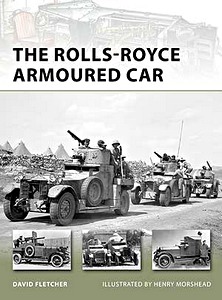
The Rolls-Royce Armoured Car
Langue : anglais
Voir prix, disponibilité et avis sur Amazon
Acheter sur Amazon FRVoir sur Amazon BE
Acheter sur Amazon CA


